Amazonia Beyond the Crisis
Accountability for deforestation: preventing further violations against human rights and protecting against continuous environmental and economic destructions.
In recent years, the world’s attention has turned to Amazonia due to the crisis of deforestation and fires. The increasing deforestation rate has led to substantial human and environmental consequences. Indigenous Amazonian inhabitants and local communities have been severely affected by the invasion, destruction and deterioration of their territories and by the political persecution of many community leaders and environmental defenders.
Deforestation threatens the human rights of Indigenous peoples and local communities by creating a spiral of violence and conflict. Besides the imminent threats to the human rights of local inhabitants, the ecological impacts have been of great magnitude. After declining in the middle of the past decade, the deforestation rate in the Amazon had stalled in recent years. However, even before the recent spike in fires, deforestation remained a critical threat to the rainforest’s overall health. Science has shown how the Amazon forest is moving toward a dieback scenario, in which the entire ecosystem could collapse in a vicious cycle of degradation and fragmentation if deforestation continues to expand. Society at large – in countries that share Amazonia – no longer accepts deforestation. It has been proven to be bad for the local economy, bad for biodiversity, and bad for the climate at both regional and global levels.
NPWJ’s work on Amazonia started in 2019. In partnership with the Sustainable Development Solutions Network, the Rainforest Alliance, the National Wildlife Federation, IMAZON and ISA, we convened Indigenous and community leaders, scientists, business and NGO representatives from Amazonia to meet in New York prior to the UN General Assembly meeting.
In this context, at the beginning of 2020, coincidently with the spreading of the COVID 19 pandemics, NPWJ started a specific Amazonia Programme. The overall objective of the project is to work with partners from Amazonia, as well as regional and international partners, to seek accountability, raise awareness and effect behavioural change in respect of deforestation, fires and other environmental and human rights violations taking place in Amazonia.
NPWJ seeks to end impunity for deforestation so that practices and policies can benefit, rather than harm, Amazonia and its people. Over the last 4 years, NPWJ has worked in partnership with Instituto Raoni, Fundo Brasil de Direitos Humanos, Instituto Maira, Seja Legal com a Amazônia, Kowit association, Instituto Amazonas, Amigos da Terra, the Federal Public Prosecutor, Observatório do Côdigo Florestal (coalition of 42 NGOs), Instituto Kabu, Associação Floresta Protegida, OPAN, the Tapayuna Association and APIB.
Objectives
Objective 1
Seeking to end impunity for deforestation.
Objective 2
Raising awareness about deforestation.
Objective 3
Effecting behavioural change in respect of deforestation, fires and other environmental and human rights violations in Amazonia.
Methodology
The project is built around three components: accountability in action, advocacy and local actions.
Support our commitment
for the protection and promotion of human rights, democracy, the rule of law and international justice throughout the world.


